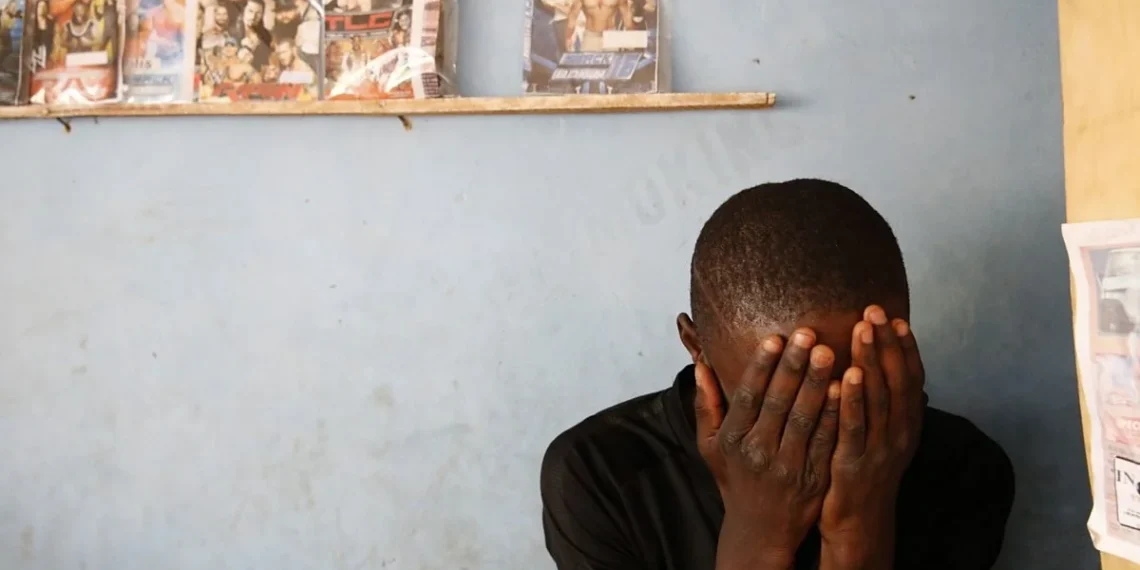Nigeria’s correctional system is facing a growing mental health emergency, with the Nigerian Correctional Service (NCoS) revealing that 8,246 inmates across the country’s custodial centres are suffering from mental illness. The alarming figure was disclosed on Tuesday during the third public hearing of the independent investigative panel on alleged corruption, abuse of power, torture, and other inhumane treatment by the NCoS in Abuja.
Dr. Glory Essien, the Assistant Controller General of Corrections in charge of Medical Services, painted a troubling picture of the situation, citing an acute shortage of medical personnel and resources to cater to the swelling number of mentally ill inmates. She stressed that the very experience of incarceration can spark psychological breakdowns, especially at the moment when a prisoner loses their freedom.
“That instant loss of liberty can trigger something,” Essien explained. “Some begin to show signs of disturbed behaviour almost immediately, as if something in their mind has shifted.”
In the absence of adequate medical staff, the NCoS relies on a network of specially trained inmate leaders to spot early signs of mental distress, such as withdrawal, refusal to eat, or incoherent speech and alert correctional staff. But with many facilities housing between 500 and 1,000 inmates and often only one doctor, nurse, or psychologist available, Essien admitted that providing comprehensive care is almost impossible.
“Mental illness is chronic, it’s not like malaria where you give a dose and it clears up,” she noted, highlighting ongoing struggles with transportation for patients, limited drug supplies, and severe staffing shortages. “We’re not operating in a five-star environment, but with the little we have, we are committed to upholding the highest standards of our work.”
Read also:
- British woman who stole £80,000 from NHS for Nigerian online lover escapes Jail
- Civil Society Groups slam Nigerian Government over conflicting GMO safety claims
- Nigerians Sidelined While Expatriates Thrive: Why Nigeria’s Local Content Law must be enforced
Mohammed Bashir, Assistant Controller General of Corrections in charge of pharmaceutical services, echoed her concerns, revealing that while the Federal Government has made efforts to fund inmate healthcare, the resources are far from sufficient. “Money has been appropriated, but is it enough? No,” he stated, pointing out that even basic needs like sanitary pads for menstruating inmates cost over N4 million monthly.
Bashir disclosed that the NCoS has established a psychological services unit and forged partnerships with psychiatric and psychological associations to provide treatment in at least 12 major custodial centres. However, drug supplies frequently run out within weeks, leaving many patients without consistent care.
The revelations highlight a growing public health challenge within Nigeria’s correctional facilities, one that blends chronic underfunding, logistical hurdles, and the urgent need for expanded mental healthcare. As the inmate population continues to swell, experts warn that without immediate intervention, the crisis could spiral beyond control, with devastating consequences for both inmates and the broader society.






